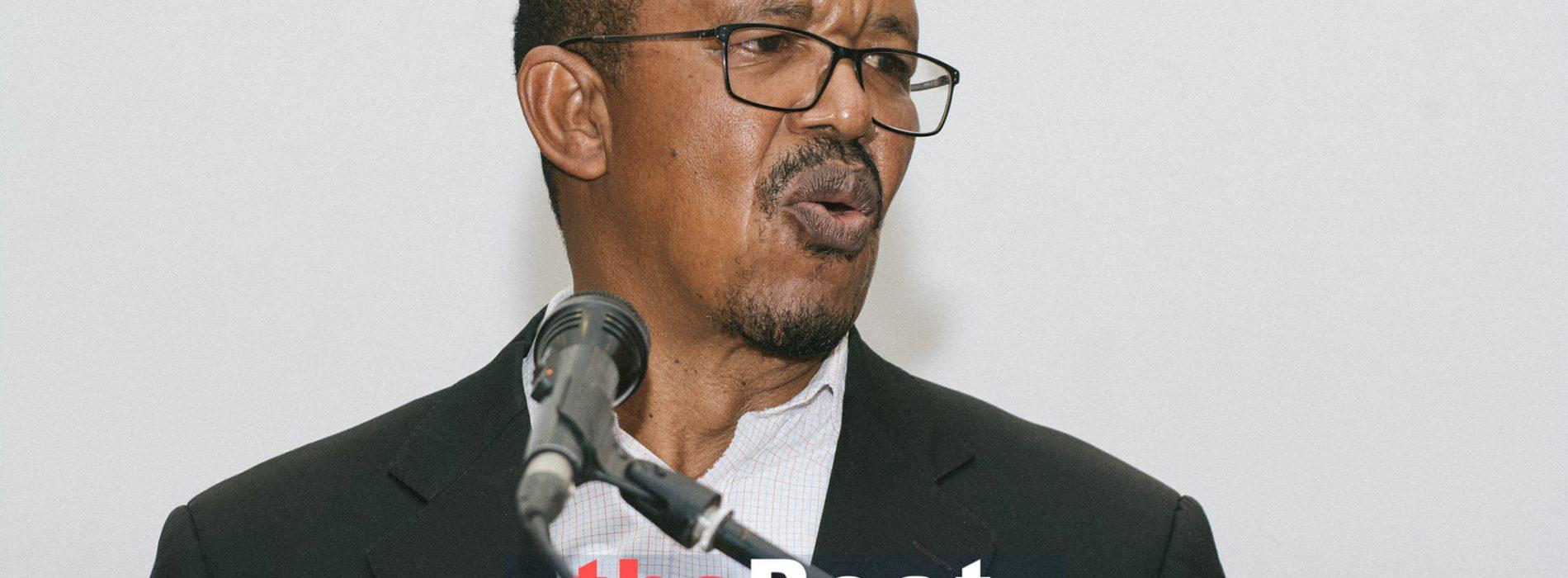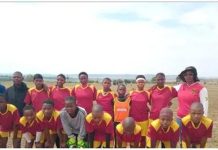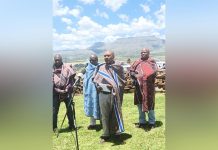Africa-Press – Lesotho. THE five people who died in Leribe last month did not die due to Covid-19 vaccines, an investigation by health experts has revealed. The experts said the five died as a result of Covid-19, heart problems, sugar diabetes, HIV/AIDS and tuberculosis, and anaphylaxis.
Speaking at a press conference yesterday, Health Minister Semano Sekatle said the Johnson & Johnson vaccines were safe and help prevent severe illness caused by Covid-19.
“There were no mistakes found in health centres as well,” Sekatle said, referring to clinics where the jabs were taken.
“This is very rare and it’s one in a million. It can happen with any injection or medication,” he said. He said the report will be handed over to the World Health Organisation (WHO), African Union (AU), vaccine donors and manufacturers.
He said the vaccines being used in Lesotho are also being used in other countries such as Zambia and Tanzania. “It’s the same batch,” he said, adding that 250 000 Basotho have been vaccinated with the same batch and they are well.
“We will continue encouraging Basotho to vaccinate for prevention of severe illness and hospitalisation,” he said. He said independent investigations were undertaken by experts in epidemiology and public health who follow adverse events following immunisation.
He said the first experts investigated the deaths by visiting the affected families to learn more of their illnesses before vaccination and if they had any illnesses before.
They also evaluated what measures were taken after they showed symptoms of illness. He said they visited all people who were vaccinated at the same time as the deceased to find out how they were doing.
Sekatle said they also examined the usage and storage of vaccines in those health centres mostly where the deceased were vaccinated and found out whether people who injected them were well trained.
He said the second group of experts examined the corpses, tested their blood and fluids which were sent to independent labs. He said the experts consisted of local, WHO, AU experts and others from other countries inclusive of leading experts in allergies and most of these were from Australia.
“They delayed the processes as they work globally and it’s not easy to find them,” he said. Health Services Director, Dr ’Nyane Letsie, said the investigations were expensive. She clarified that one bottle injects five people.
The Africa Centre for Disease Control (CDC) Chief Science Adviser, Dr Ndembi Nicaise, said they were proud of the great public health leadership shown by Lesotho.
“We were worried how this could be handled and I think the MoH leadership handled it in a professional manner,” Dr Nicaise said.
He said Africa CDC was not only there to investigate what happened but to support the country in procurement and logistics, vaccination capacity, risk communication amongst others.
The WHO Representative, Dr Richard Banda, congratulated the government and thanked them for coming out into the open about the issue and conducting an independent investigation.
“I confirm again that we have followed through these processes with United Nations Children Fund (UNICEF) and Africa CDC to ensure conclusions are brought forward and we know exactly what happened,” Dr Banda said.
He said the report will be shared by a global committee on vaccines and safety and lessons learnt will also be shared with other countries. He said it is unfortunate that things happened this way as the batch was used in other countries and they had not shown any severe or adverse effects.
“We hope going forward we will use lessons learnt and see how best we can administer the vaccine,” he said.
Dr Banda said for the past two weeks, they saw encouraging indicators that the pandemic is declining. “We can’t say this with certainty but I think it’s encouraging.
“Although it’s declining, we are still seeing too many cases,” he said. He added that “we still have to make sure that the tools that we have such as vaccines are used”.
Lesotho is targeting to vaccinate 10 percent of its two million people by the end of September. “We see that Lesotho is on track to meet that target and it will surpass it,” he said.
However, he said 10 percent is not enough. “Safety of vaccines is our top priority and we will surely support the processes,” he said. He said they understand the concerns associated with adverse effects.
He emphasized the effectiveness of the vaccines against severe illness and deaths. “Vaccine hesitancy will not help us. We need to go beyond that,” he said.
For More News And Analysis About Lesotho Follow Africa-Press






